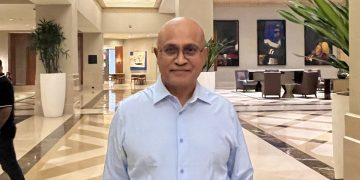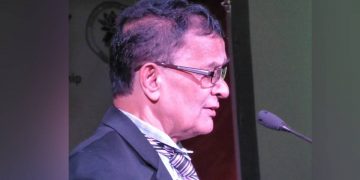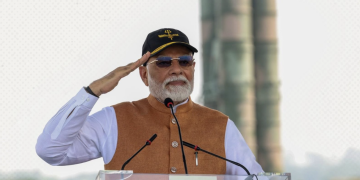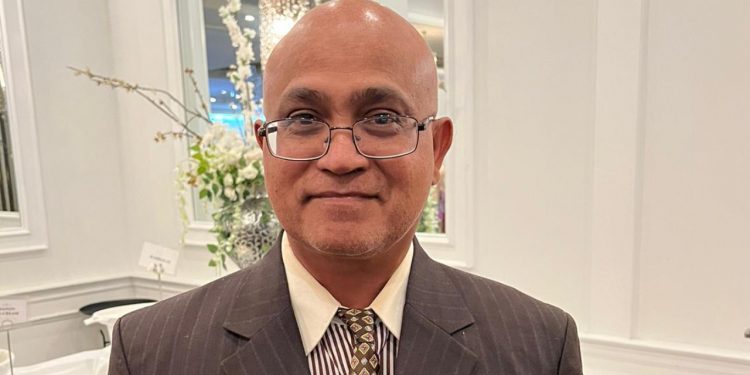The World Court did not stop Venezuela from holding its referendum last Sunday December 3. It could not because it is an internal matter. But the court did issue an advisory urging Venezuela not to disrupt the current status quo by annexing land under Guyana’s sovereignty.
The world court is not like a domestic court that has jurisdiction over all matters in a case. The court only has jurisdiction where disputed states give it jurisdiction. Only states appear before the ICJ mostly on territorial or treaty or trade issues. States have to agree to the court’s jurisdiction.
A matter of Venezuela claimed territory of parts of Guyana is before the court. Venezuela l planned a referendum on December 3 on the claimed territory. Guyana went to the court to obtain a provisional or interim order blocking the referendum. The court ruled on December 1 without any specific order.
Both Guyana and Venezuela claimed victory from the ruling. Guyana did not get what it sought, but it got the court to advise Venezuela not to pursue a course of action (invasion and annexation) that would violate the spirit of the substantive case before the court on the claimed territory. Guyana asked the court, for lack of a better term, an interim or provisional order to stop the referendum or at least three of five questions being posed to voters in Venezuela. The ICJ is not like a domestic court; it cannot issue interim orders on internal matters pertaining to a sovereign state. There are no international legal precedents on such a request by Guyana.
The ICJ adjudicates cases brought before it by agreement among states or by the UN (Secy General) if so referred for a resolution. The ICJ does not deal with internal issues of a state. A referendum is an internal issue which the court could not give an opinion or order. Venezuela claimed victory saying that the court did not stop the referendum. Venezuela knows that the court lacks jurisdiction to stop the referendum.
The international lawyers who presented Guyana’s case to the ICJ probably also know or knew or ought to know that the court lacked jurisdiction to rule against or stop the referendum. The Guyana lawyers probably decided to try a thing, and they got a favorable ruling (addressing our concern of annexation) though not related to the referendum.
In the end, Guyana got what it wanted. It got global attention and sympathy. The entire international community community seemed arrayed against Venezuela. In addition, it got the issuance of a court advisory to Venezuela not to misbehave, meaning pursuing adventurous militarism.

































































